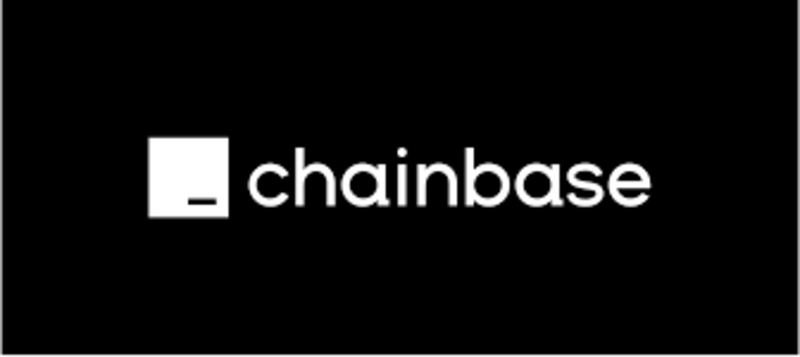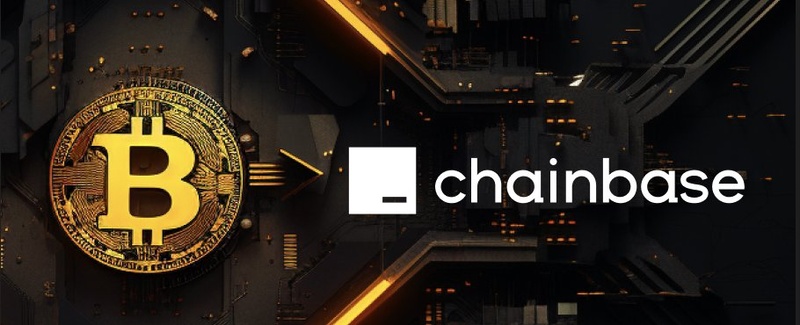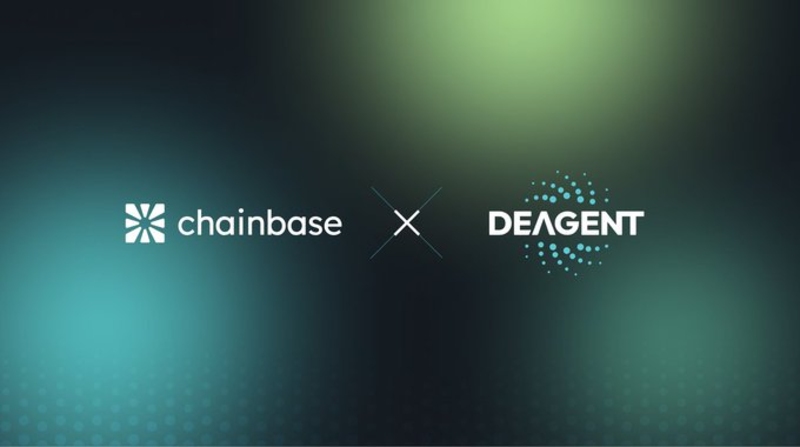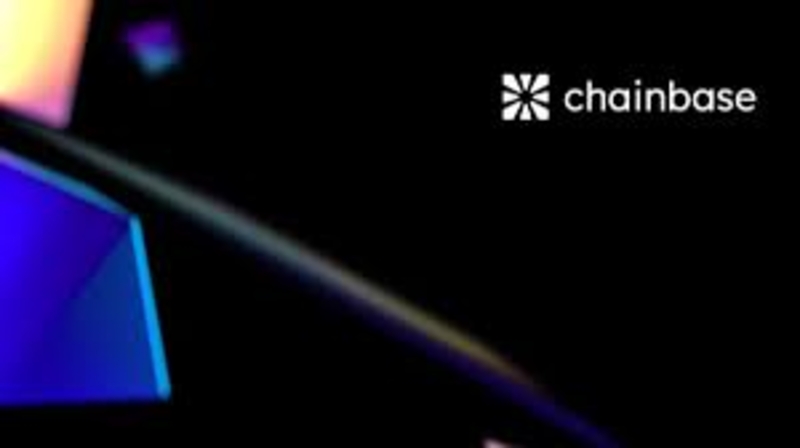Curious about what is Chainbase and why it’s crucial for the future of blockchain and Web3? This article dives deep into its core features, use cases, and the benefits it brings to developers and enterprises. Keep reading to discover how Chainbase stands out from its competitors.
What is Chainbase?
Chainbase is a decentralized data infrastructure built specifically for Web3 applications. It is designed to help developers and enterprises manage and query blockchain data more efficiently through APIs and SQL integration. By offering a reliable, scalable solution for accessing decentralized data, Chainbase plays a crucial role in the rapidly evolving Web3 ecosystem. The platform’s unique features enable users to build and operate decentralized applications (DApps) with enhanced security, scalability, and flexibility.

Core features of Chainbase
Data infrastructure
At the heart of Chainbase is its decentralized data infrastructure. This allows for secure, efficient storage and management of blockchain data, eliminating the need for centralized control. Developers can query data easily, reducing the complexity often associated with decentralized systems. Chainbase ensures data integrity and availability across multiple nodes, providing a high level of resilience and security for all Web3 applications.
APIs and pipelines
Chainbase’s APIs and data pipelines make accessing blockchain data seamless for developers. With these APIs, users can retrieve both real-time and historical blockchain data, integrating it into their DApps quickly. The pipelines automate data flow, reducing manual intervention and improving operational efficiency. These features are crucial for developers looking to build scalable, reliable decentralized applications.
SQL integration
One of the standout features of Chainbase is its support for SQL queries. This allows developers to use familiar tools to interact with blockchain data, making the platform accessible even to those who are new to blockchain development. SQL integration bridges the gap between traditional data management systems and decentralized blockchain infrastructures, enabling quicker development and adoption of Web3 technologies.

Use cases of Chainbase
Developers
Chainbase simplifies the development process for DApps by providing easy access to decentralized data. Its APIs and SQL integration streamline data queries, allowing developers to focus on building their applications without worrying about data management. Whether they are building decentralized finance (DeFi) platforms, NFT marketplaces, or other Web3 projects, Chainbase offers the tools necessary for success.
Enterprises
For enterprises, Chainbase provides an efficient and scalable solution for managing blockchain data. Businesses can use Chainbase to handle large volumes of data, reducing costs and improving operational efficiency. Whether they are using blockchain for supply chain management, financial services, or other business operations, Chainbase’s infrastructure offers the flexibility and security necessary to manage enterprise-level data demands.
Specific examples
Several projects, particularly in the DeFi space, have successfully leveraged Chainbase’s infrastructure. These projects have been able to provide real-time data to their users while maintaining the security and reliability of their platforms. By integrating Chainbase’s solutions, these businesses can offer more robust and scalable services.
Benefits of using Chainbase
Scalability
Chainbase’s decentralized infrastructure allows it to handle large amounts of data efficiently, making it an ideal choice for projects that require high data throughput. The system can easily scale as demand grows, ensuring that performance remains consistent even as more users and data are added.
Security
Security is a core benefit of using Chainbase. With its decentralized data storage, the risk of data breaches or tampering is significantly reduced. The architecture distributes data across multiple nodes, ensuring that the system remains secure and reliable, even in the face of attacks.
Efficiency and cost reduction
Chainbase improves operational efficiency by automating data flows and reducing the need for manual intervention. This not only saves time but also reduces costs, making it an attractive option for both developers and enterprises. Additionally, the SQL integration allows developers to use familiar tools, cutting down on development time and costs.

Chainbase architecture
Decentralized data networks
Chainbase’s architecture is built on decentralized data networks, which store data across multiple blockchain nodes. This decentralized structure ensures data availability and resilience, even if some nodes go offline. It also enhances security by eliminating single points of failure.
Data query system
Chainbase’s data query system allows users to access large volumes of blockchain data quickly and efficiently. Whether for real-time applications or historical data analysis, Chainbase’s APIs and SQL integration provide fast, reliable data access, ensuring that users always have the information they need.
Data synchronization and accuracy
Chainbase ensures data accuracy by synchronizing data across all nodes in the network. This synchronization guarantees that users have access to the most up-to-date information, making it ideal for real-time applications such as trading platforms or supply chain management.

Chainbase vs. competitors
Comparison with other Web3 data solutions
Chainbase stands out from competitors like The Graph and Covalent due to its SQL integration and scalable infrastructure. While other platforms also offer blockchain data services, Chainbase’s unique combination of flexibility, security, and ease of use makes it a superior option for developers and enterprises looking for a comprehensive data solution.
Advantages of Chainbase
The SQL integration, decentralized architecture, and scalable data infrastructure make Chainbase an attractive option for projects of all sizes. Whether you’re a developer working on a small DApp or a large enterprise managing vast amounts of blockchain data, Chainbase offers the tools you need to succeed.

Chainbase pricing and plans
Pricing models
Chainbase offers a variety of pricing models to meet the needs of different users. For smaller projects, there are free plans that provide access to essential features. For larger enterprises, paid plans offer more advanced features, higher data limits, and premium support.
Free vs. paid plans
Free plans are ideal for developers starting with blockchain projects, while paid plans are more suitable for larger enterprises that require advanced features and higher data throughput. The flexible pricing structure allows users to scale their usage as their needs grow.
Cost efficiency
Chainbase’s pricing is designed to be cost-effective, particularly for businesses handling large amounts of blockchain data. By automating data processes and offering scalable solutions, Chainbase helps reduce operational costs, making it a smart choice for enterprises.
Airdrop guide by Chainbase
Chainbase is recognized as the largest omnichain data network globally, designed to create a unified ecosystem for blockchain data. With this platform, users gain access to an interoperable data layer, ideal for the AI-driven future. Recently, Chainbase raised $15 million in a Series A funding round and is running a points-based campaign for users. While they have confirmed the existence of a “C” token, no details of an airdrop have been shared. However, users participating in this points campaign might qualify for an airdrop if Chainbase chooses to launch one.
Step-by-Step guide to earning points
- Visit the Chainbase genesis page: Go to the official Genesis page on Chainbase’s platform.
- Connect your wallet and add the testnet: Ensure your wallet is connected to the Chainbase platform and add the testnet.
- Complete the onboarding tasks: Follow the step-by-step tasks provided on the platform.
- Scan and claim genesis points: Once the tasks are completed, scan your wallet to claim your Genesis points.
- Earn more points by completing all tasks: Completing all available tasks on the platform will help you accumulate more points.
While Chainbase hasn’t provided specific details about an airdrop, those collecting points through this campaign could potentially qualify if an airdrop is announced in the future.

Future of Chainbase
Chainbase has an exciting roadmap ahead, with new features and partnerships expected to enhance its platform further. As the platform grows, it will likely continue to play a key role in the Web3 and AI-driven blockchain ecosystems. Users who stay engaged with Chainbase, particularly through points campaigns and other initiatives, may find themselves well-positioned to benefit from future developments.
